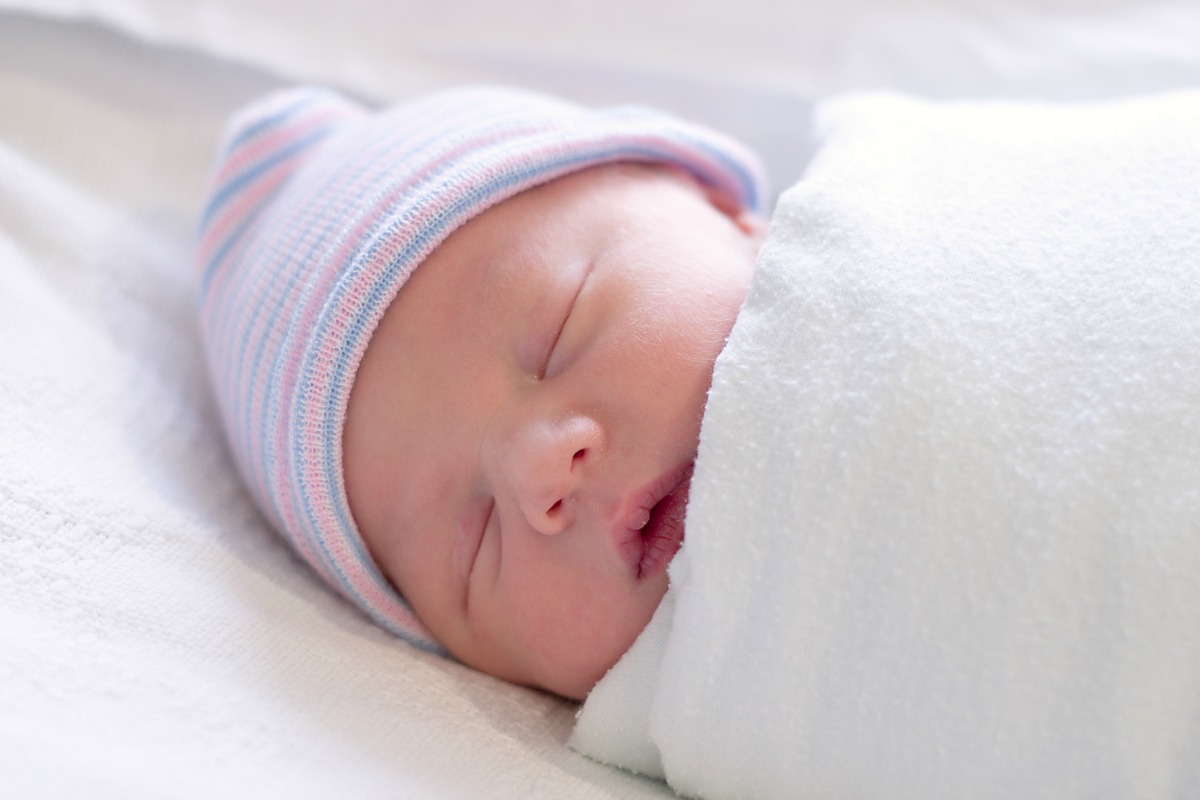Some Myths About Toddlers Sleep And the Specific Truth About Them

What ‘fact’ have you heard about toddler sleep? As a parent, you always worry about if you are doing your parenting the right way. This is a good thing to an extent. You don’t want to make mistakes and ruin your child’s development. But, you shouldn’t catch everything that is thrown at you and accept it as the truth.
The myth you heard about toddler sleep may have stopped you from investing in the best nightlight for toddlers. But that is not the point. The point is you need to know what is true and what is not sensible so that you can always take the right approach to your child’s development. So let’s check some myths and see the truth.
1. It is Normal If Kids Sleep Alone
Well, to be honest, only a few people like to sleep alone. You will love some presence at a certain point. In fact, the statistics say 22 percent of 3 years olds is into bed-sharing and a year later the percentage increases to 38. Generally, kids will share – and often loves to share – bed space with their parent and siblings at some point.
2. Toddlers Sleep Throughout The Night
When you hear the cry of your kids suddenly, you will realize this is your imagination. Most times, toddlers are experts at getting back quickly to sleep. They don’t raise too much alarm and you think they have been sleeping through the night. It will be a good idea to the best nightlight for toddlers by their bedside because you never can tell when you and the kids will need it.
3. Toddlers Do Not Need As Much Sleep As An Infant
Well, what this means is not what it is being translated to. What it means is that toddler sleep time reduces compared to an infant. They do not take more naps like before as infants. But toddlers still need a good sleep; the perfect duration is between 11 – 12 hours every day. This should be maintained until the child turns 5. Even after that, the required sleeping time will reduce only by an hour, at least 10 hours of sleep per day.
4. Kids Should Stop Holding On to Their Pacifiers Before Bedtime
The parent should understand a clear distinction between what they want and what the kids naturally enjoy. This will save you the stress of looking for answers when you can clearly ask about the behavior of kids at certain ages. Kids use pacifiers because it is comforting to them. Pacifiers at night help the kids to enjoy their sleep at night, they can self-soothe themselves and it promotes their confidence.
The reason for sucking can be genetic. As a parent, you will prefer them to not suck on their fingers. Sucking fingers is an orthodontic problem which you would rather avoid.
5. Toddlers Will Fall Asleep Naturally When They Are Tired
This is wrong. As an adult, you fall asleep easily when you are tired and most kids aren’t any different. Some kids are, however, unique because they get more active when they are tired. You will notice them being giddy or running in circles all over the place. Many parents even think this is a sign of ADHD (Attention-deficit/hyperactivity disorder).
It can even get worse when they become more tired. They end up finding it difficult when their level of tiredness rises.
6. There is No Relationship Between Sleeping and Learning Tips
There are many negative habits resulting from sleep deprivation. They include crankiness, aggression, tantrums, defiance, and impulsivity. Also, it can get worse poor knowledge acquisition, poor attention, and poor memory.
Studies say that there is a relationship between too little sleep and other health issues later. It comes as a shock that learning for school-aged children can be affected by just an hour drop in the duration of sleep.
7. Nightlight May Hurt the Child’s Vision
People who say this might have not chosen the best nightlight for toddlers. Many children have been introduced to nightlights that have dim lights. The best nightlight for toddlers helps a parent to access the child’s room. For the kids, the benefits are many from serving as an image monitor over the ceiling to being cued to turn on when the sensor is triggered. The light of a good night light isn’t bright enough to blind a child’s vision, so when you are choosing a nightlight, choose the best.
